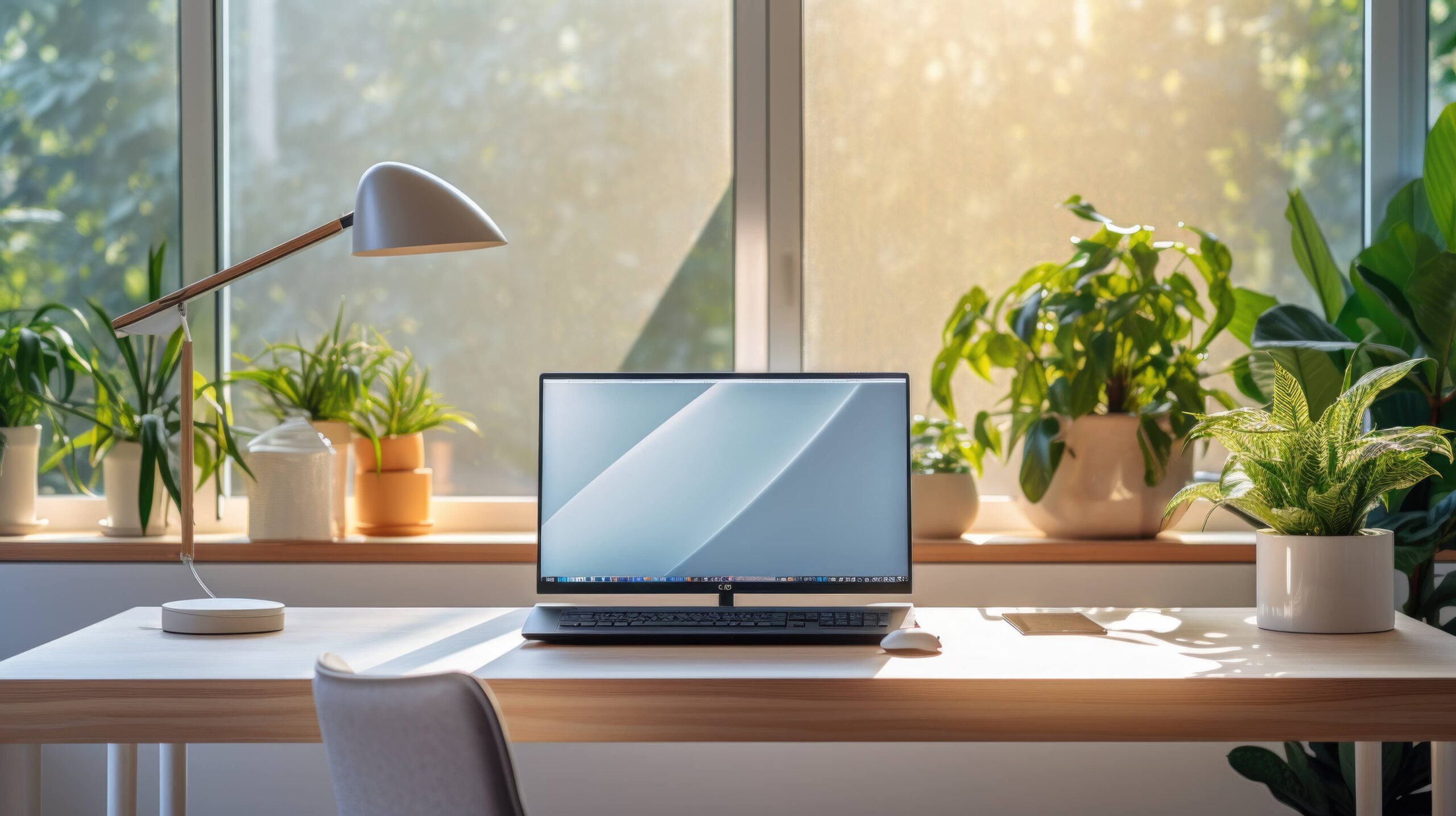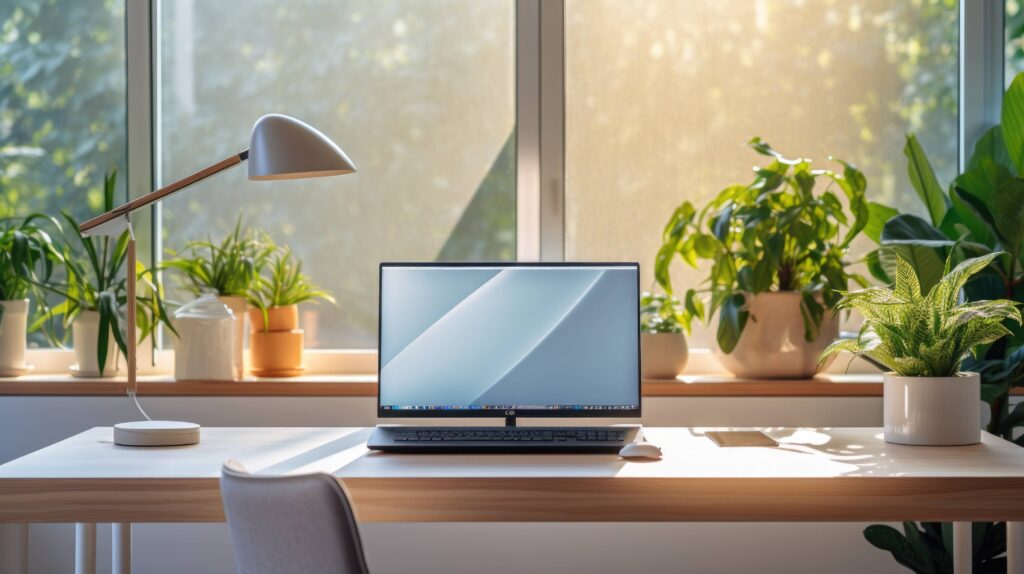Working from home isn’t new, especially for self-employed people. But during the height of the pandemic, millions of jobs were moved from employers’ premises to employees’ private homes. Many continue working from home and wonder if they qualify for the home office tax deduction.
The short answer is: Only if you’re self-employed. As a result of a Tax Cuts and Jobs Act (TCJA) provision that eliminated the ability to claim miscellaneous itemized deductions for unreimbursed employee expenses, employees can no longer deduct home office expenses. (This TCJA provision is scheduled to expire after 2025, so this deduction may be restored.)
Even if you’re self-employed, the rules are strict to qualify for the home office deduction. Here’s a rundown.
Who’s Eligible?
You can deduct your home office expenses if you’re self-employed, your home office space is used exclusively for business, and you meet any of these three tests:
1. Your home office is your principal place of business.
This means your home office is regularly used to conduct most of your business. This requires meeting one of two tests: the “management or administrative activities test,” where the office is used for tasks and meets specific criteria, or the “relative importance test,” where the home office is the most critical location for conducting your business.
2. Your home office is where you meet customers.
To pass this test, you must regularly use your home office to meet or deal with patients, clients or customers who must physically visit the office.
3. Your home office is in a separate structure.
This applies to an office used regularly for business located in an individual, unattached structure on the same property as your home. For example, this could be an unattached garage, artist’s studio or workshop.
You may also be able to deduct the expenses of specific storage. Suppose you’re selling products at retail or wholesale, and your home is your sole fixed business location. In that case, you can deduct home expenses allocable to space you use to store inventory or product samples.
What Can Be Deducted?
If you’re eligible, you can deduct “direct” home office expenses, such as painting, repairs and depreciation for office furniture. “Indirect” costs, like the portion of utilities, insurance, depreciation, mortgage interest, real estate taxes and casualty losses attributable to your office space, are also deductible.
Alternatively, you can use the simplified method to calculate the deduction. Under this method, you can deduct $5 per square foot for up to 300 square feet (maximum of $1,500 per year). Although you won’t be able to depreciate the portion of your home that’s used as an office, you can claim mortgage interest, property taxes and casualty losses as itemized deductions on Schedule A to the extent otherwise allowable, without needing to apportion them between personal and business use of your home.
If your home office is your principal place of business, transportation costs between your home and other work locations are deductible rather than considered nondeductible commuting expenses.
It’s Complicated
Determining whether you qualify for the home office deduction and, if you do, the deduction amount can be complicated. Contact the office to discuss your situation.
408-252-1800
Photo by Matt_Moloney from Freerange Stock.



